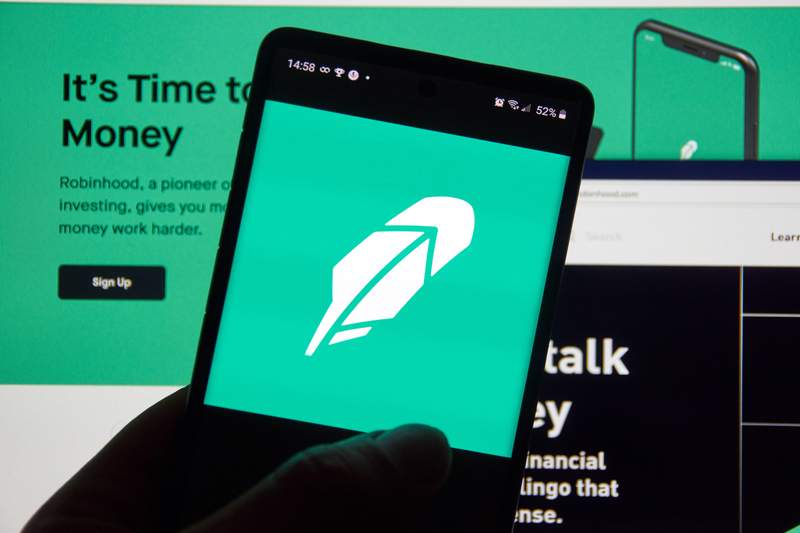This post was originally published on this site

Whatever you call them, one thing is clear: The computer whizzes are willing to pay a premium for orders from Robinhood.
Firms like Citadel Securities and Virtu Financial (NASDAQ:VIRT) Inc. paid Robinhood an average of about 17 cents for every 100 shares executed in the second quarter, according to an analysis by Bloomberg Intelligence’s Larry Tabb. That’s 19% more than the average paid to all the brokerages he looked at, and second only to TradeStation. They paid even more to Robinhood in the first quarter, when its 23-cent payments were the most for the group and 48% above average.Despite the decrease in the per-share rate, the total payments Robinhood received in the second quarter doubled from the first to $180.1 million as stock-trading fever swept across a locked-down nation and turned the pioneer of the commission-free world into the largest U.S. equity broker, Tabb’s report shows. The next biggest payments were $110 million to E*Trade Financial (NASDAQ:ETFC) Corp. and $101 million each to TD Ameritrade’s brokerage and clearing units.
Overall, the boom in retail trading — up more than 200% over last year — caused Bloomberg Intelligence to raise its 2020 forecast for total payments for order flow to $2.3 billion from $2 billion.Tabb doesn’t buy the criticism that market makers pay the most for orders they deem to be the “dumbest.” Rather, he said over email, the value of the order flow is linked to the size of the trades. Smaller orders are less likely to have an impact on market prices, and hence are more valuable to firms looking to execute them.“So Robinhood getting higher rebates is probably more aligned to the smaller size of their orders rather than the uninformed nature of their flow or how ‘stupid’ their investors are — if they are stupid at all,” he said.
A spokesperson for Robinhood agreed that the size of its client orders — the vast majority are under 100 shares — are less risky, and therefore more valuable, to market makers. The type of stocks traded on the platform can affect how much they get paid in rebates, since they earn a fixed percentage of the bid-ask spread and volatile stocks trade with wider spreads. The heightened volatility of the first half of 2020 caused spreads to widen significantly, so it’s possible that the rates they are paid could go down if markets remain more calm and spreads narrow.
Tabb’s analysis also offers food for thought for critics of the practice of payment for order flow. The wholesalers making the payments are often able to find better prices than what traders saw on their screens when they pushed the button. That’s known as “price improvement” and for the top six wholesalers it amounted to an almost $1.6 billion boost to the benefit of brokerage clients in the first half of the year, according to Tabb.
Robinhood customers alone received more than $1 billion in price improvement in the first half of 2020, the spokesman said.Maybe it’s time to start thinking of these “Flash Boys” as simply members of Robinhood’s Band of Merry Men?
(Corrects firms making payments in fifth paragraph of story published Aug. 14.)
©2020 Bloomberg L.P.

